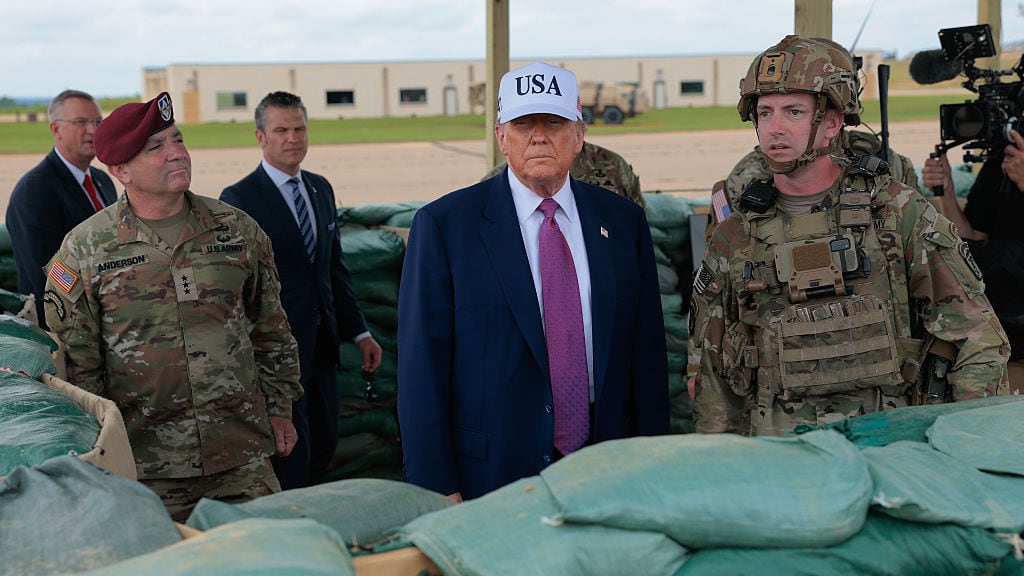Donald Trump secretly signed a directive that authorizes the Pentagon to deploy military forces to attack drug cartels in Latin America, including groups in Mexico and Venezuela, which his government has classified as foreign terrorist organizations.
PUBLICIDAD
According to a report published by The New York Times, the measure marks a drastic shift in the US anti-drug strategy, moving from cooperation with civilian authorities to the possibility of direct military operations on foreign territory and international waters.
PUBLICIDAD
From the war on drugs to military war
The presidential order, revealed by sources with knowledge of internal discussions as reported by the NY Times, would allow the US military to capture or eliminate cartel leaders, something that had previously been considered the exclusive domain of law enforcement agencies.
Although the White House insists that Trump’s priority is to “protect national security,” the decision raises serious legal doubts. Experts quoted by the most important newspaper in the United States warn that using lethal force against alleged cartel members outside of an armed conflict could be considered murder under US law and violate international law if done without the consent of the affected country.
Mexico and Venezuela in the spotlight
Since resuming the presidency in January, Trump ordered the State Department to classify several criminal organizations as terrorists, including the Tren de Aragua (Venezuela), the MS-13 gang, and the Cartel de los Soles, which his administration accuses of being led by Venezuelan President Nicolás Maduro.
Just two weeks ago, the Trump administration imposed sanctions on the Cartel of the Suns and increased the reward to 50 million dollars for information leading to the capture of Maduro, accused of leading an international drug trafficking network that collaborates with the Tren de Aragua and the Sinaloa Cartel.
In April, Trump proposed to Mexican president Claudia Sheinbaum to allow US military operations against cartels on Mexican territory, an idea that was rejected. However, the United States has intensified reconnaissance drone flights to locate fentanyl laboratories and other surveillance operations at the border.
A movement with precedents and controversy
Historically, the US military has participated in anti-drug operations in Latin America, but as support to civilian forces and under the command of the Coast Guard or agencies such as the DEA. Direct unilateral operations, such as the invasion of Panama in 1989 to capture Manuel Noriega, have been condemned by the UN as violations of international law.
The current order from Trump, according to The New York Times, represents an unprecedented escalation: an open authorization for US forces to act offensively against cartels as if they were armed terrorist groups, in the style of Al Qaeda or ISIS.
